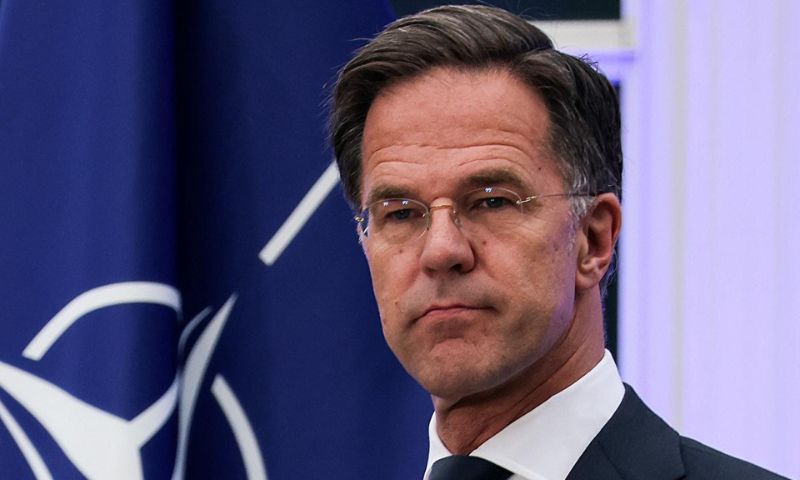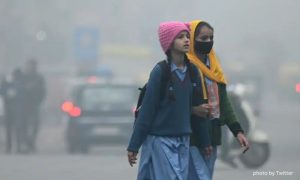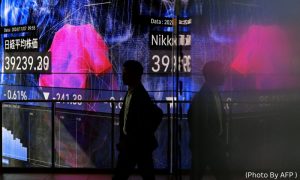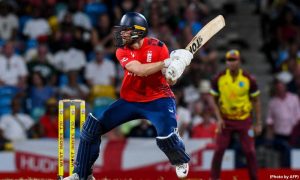BRUSSELS: NATO’s new chief, Mark Rutte, downplayed concerns regarding a potential Donald Trump victory in the upcoming US elections and reaffirmed the alliance’s commitment to supporting Ukraine as he officially took on leadership of the world’s most powerful military organization on Tuesday.
The former Dutch prime minister steps into this pivotal role amid Russia’s ongoing war in Ukraine and China’s increasing assertiveness, just weeks before U.S. voters head to the polls. Rutte succeeds Norway’s Jens Stoltenberg, who has led NATO through one of its most tumultuous decades.
The outcome of the November 5 election is poised to be Rutte’s first major challenge, shaping his initial four-year term. Trump, during his campaign, has indicated he may not protect NATO allies that don’t meet defense spending targets and has suggested he could negotiate a quick resolution with Russian President Vladimir Putin to end the Ukraine conflict.
“I’m not worried. I know both candidates very well. I worked for four years with Donald Trump. He was the one pushing us to spend more, and he achieved that,” Rutte stated ahead of a formal handover ceremony. “I will be able to work with either outcome of the elections.”
By choosing the seasoned Dutch statesman, known for his strong support of the U.S. and unwavering backing of Ukraine, NATO’s 32-member nations have selected a leader committed to maintaining support for Kyiv and enhancing the alliance’s defenses against Russia. “NATO will be in safe hands with you at the helm,” Stoltenberg remarked.
Rutte identified backing Kyiv as a top priority, alongside increasing NATO defense spending and strengthening partnerships in the Asia-Pacific region. “We must ensure that Ukraine prevails as a sovereign, independent, democratic nation,” he told reporters.
However, uncertainty looms over the future of Western support for Ukraine as Russian forces continue to advance on the battlefield, more than three years after the Kremlin’s full-scale invasion. NATO, which has supplied 99% of all foreign weaponry to Ukraine, agreed at a summit in July to enhance its role in delivering arms, a task Rutte will play a crucial part in managing.
Another key objective for Rutte will be to encourage NATO members to increase military spending in response to potential threats from Moscow. Following the war in Ukraine and pressure from Washington, European countries have already ramped up their defense budgets. This year, 23 countries are on track to meet NATO’s goal of allocating 2% of their GDP to military spending.
Yet, given the persistent threat from Russia—regardless of the outcome in Ukraine—there’s a recognition that more investment will be necessary. “We have to spend more. We need to enhance our collective defense,” Rutte emphasized.
Achieving this could prove challenging for Rutte, especially since it took the Netherlands 14 years to reach the 2% target under his leadership. Even if he seeks to alter NATO’s direction, he may find it difficult to navigate the consensus-based nature of the alliance.
Stoltenberg, whose tenure was extended three times, managed a delicate balance as NATO revitalized in response to Russian aggression. He warned Rutte that the greatest challenge ahead would be keeping NATO’s sometimes fractious leaders united.
“One thing will not change: NATO’s core mission is to ensure the defense of our people, our nations, and, of course, our values,” Rutte concluded.
























